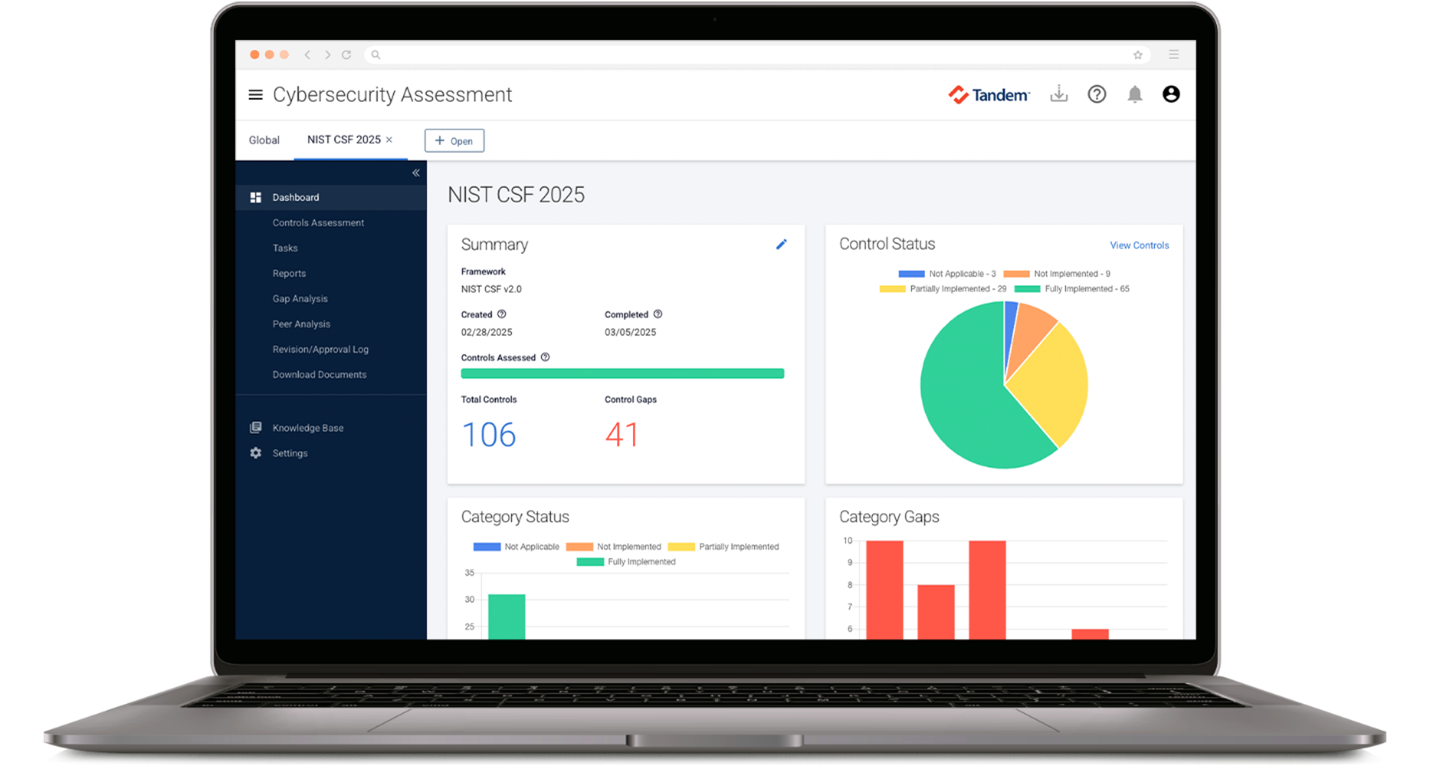On September 1, 2025, Texas Senate Bill 2610 (SB 2610) went into effect. This new law was designed to support small businesses by creating a legal "safe harbor" for those that proactively adopt strong cybersecurity practices. Here's what you need to know.
What Does SB 2610 Say?
If a small business in Texas maintains a cybersecurity program with administrative, technical, and physical safeguards to protect sensitive personal information, that business is shielded from exemplary (punitive) damages in lawsuits following a data breach.
What Counts as "Sensitive Personal Information?"
SB 2610 refers to Texas Law Section 521.002, which defines sensitive personal information as:
- An individual's name combined with certain key identifiers, such as:
- Social security number (SSN)
- Driver's license number or other government-issued ID number
- Bank account, credit card, or debit card number with the accompanying security code, access code, or password
- Information tied to an individual's:
- Physical or mental health conditions
- Details about the health care they receive
- Payment information for medical care
What Does SB 2610 Require?
The law scales requirements based on business size.
| Size | Requirement |
| Fewer than 20 Employees | Simplified requirements, including password policies and cybersecurity training |
| 20 – 99 Employees | Moderate requirements, including compliance with CIS Controls Implementation Group 1 (IG1) |
| 100 – 249 Employees | Full compliance with an industry-recognized cybersecurity framework |
What Frameworks Qualify Under SB 2610?
For businesses between 100-249 employees to comply with SB 2610, they must have a cybersecurity program that conforms to a current version of one of the following industry-recognized frameworks.
- NIST Cybersecurity Framework (CSF)
- NIST SP 800-171
- NIST SP 800-53 and 800-53a
- FedRAMP Security Assessment Framework
- CIS Controls
- ISO/IEC 27000 Series
- HITRUST Common Security Framework
- Secure Controls Framework (SCF)
- SOC Type 2 Framework
- Other similar recognized industry frameworks
The law also recognizes compliance with certain federal laws and standards, including:
- Gramm-Leach-Bliley Act (GLBA)
- Health Insurance Portability and Accountability Act (HIPAA)
- Health Information Technology for Economic and Clinical Health Act (HITECH)
- Federal Information Security Modernization Act (FISMA)
- Payment Card Industry Data Security Standard (PCI-DSS)
Businesses must update their cybersecurity programs whenever these frameworks are updated, either by the official deadline or within one year.
Takeaways & Next Steps
Texas SB 2610 encourages small businesses to strengthen cybersecurity by offering protection from excessive legal penalties after a breach. While it doesn't eliminate all risk, it does reward proactive security measures.
If you're ready to build or enhance your cybersecurity program, check out Tandem, a cybersecurity governance, risk management, and compliance (GRC) platform built for small businesses.
Start with the free Tandem Cybersecurity Assessment product, which lets you complete a cybersecurity control self-assessment based on several of the frameworks recognized in SB 2610. Learn more at Tandem.App/Cybersecurity.



